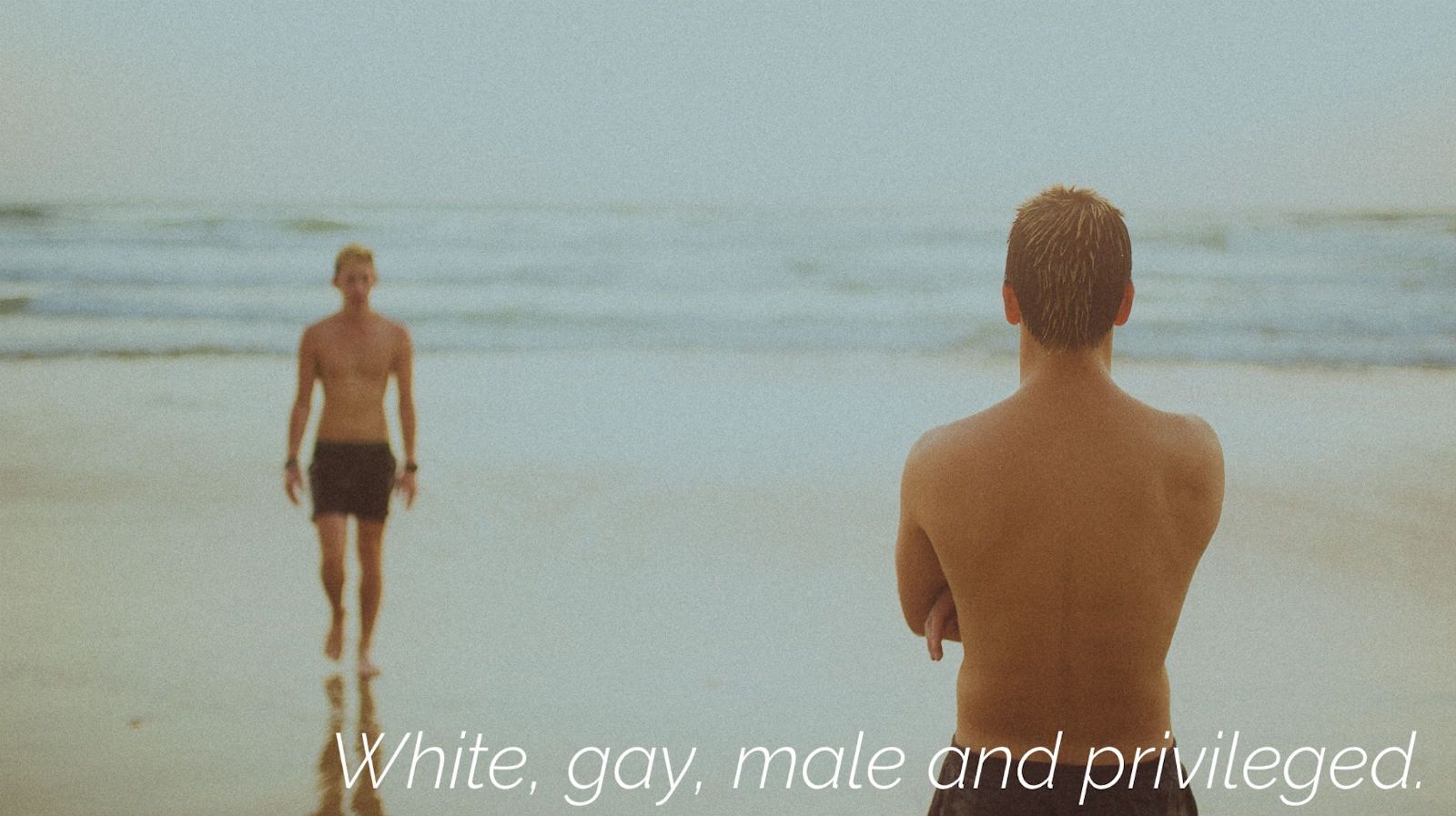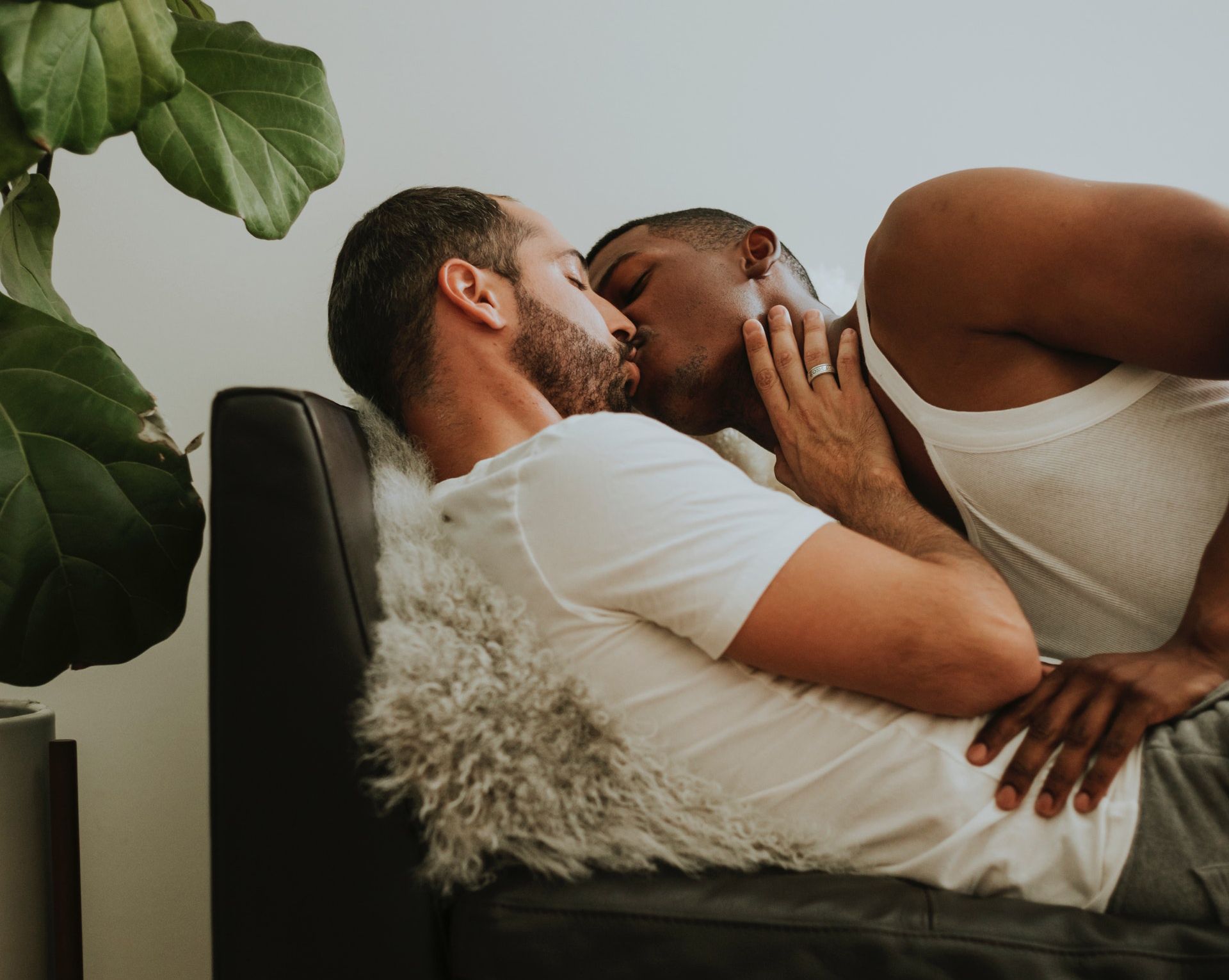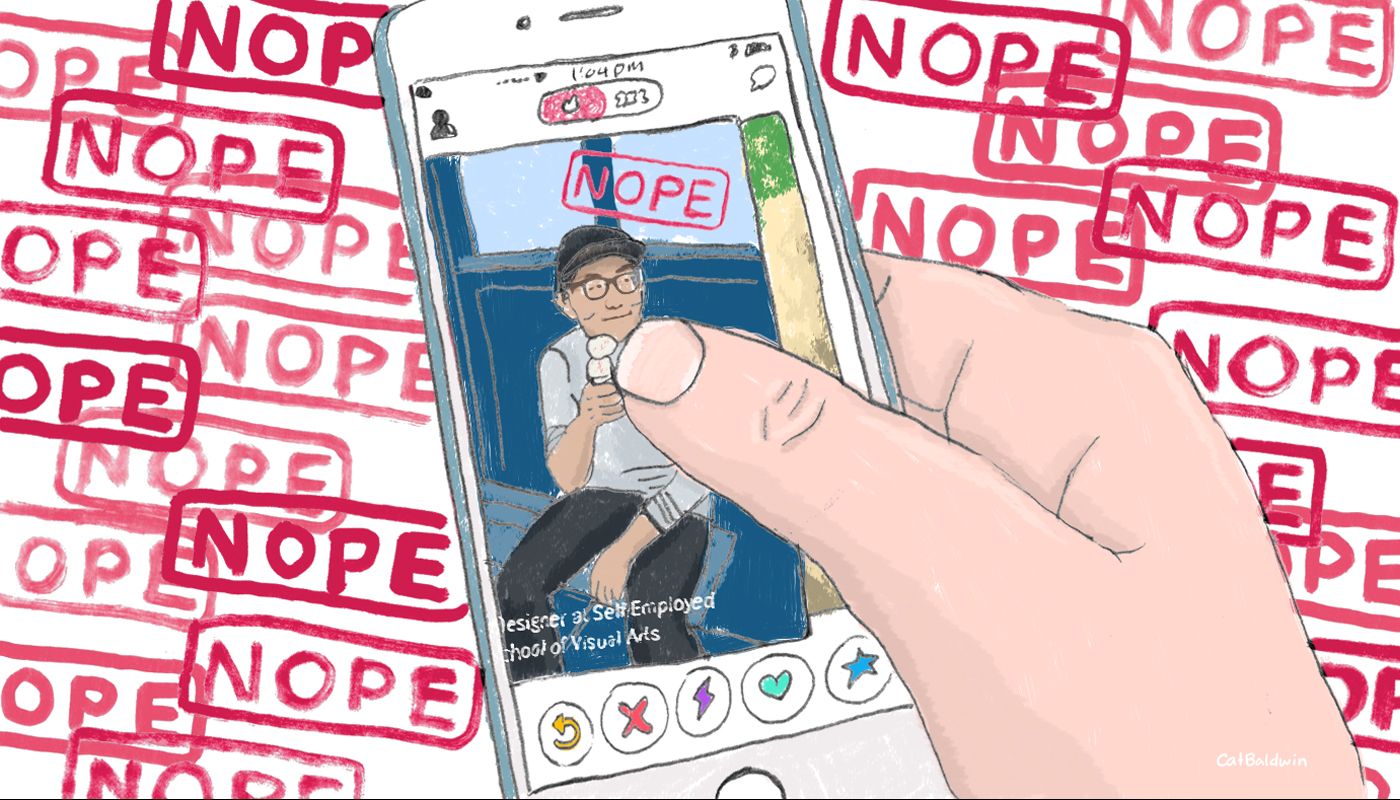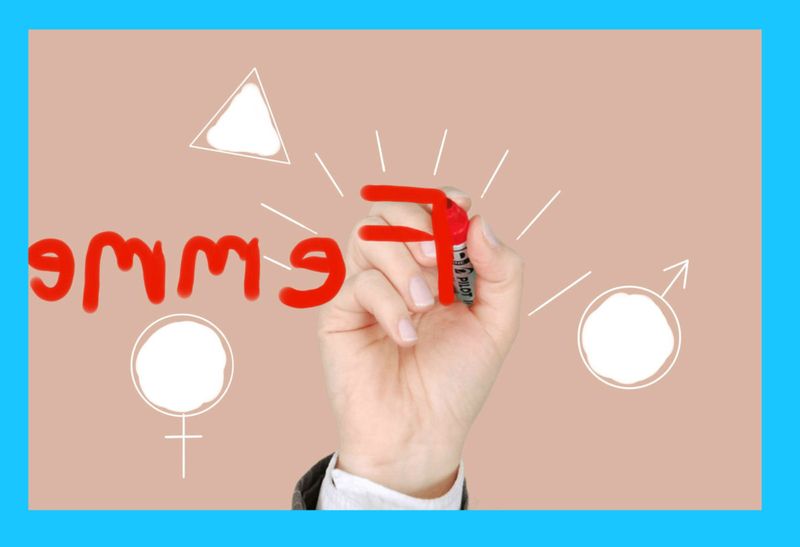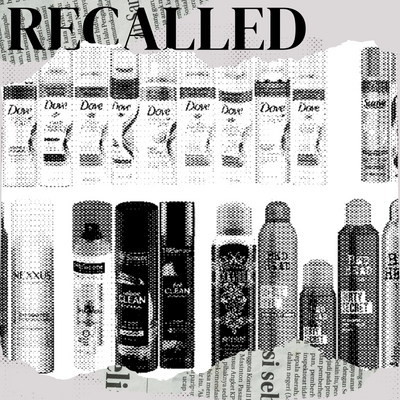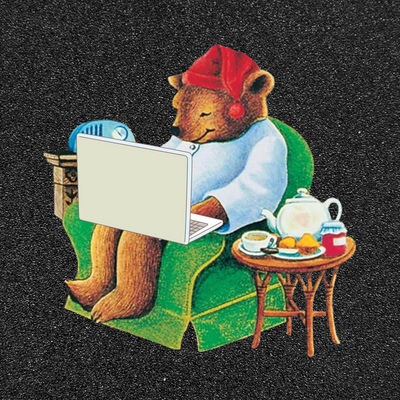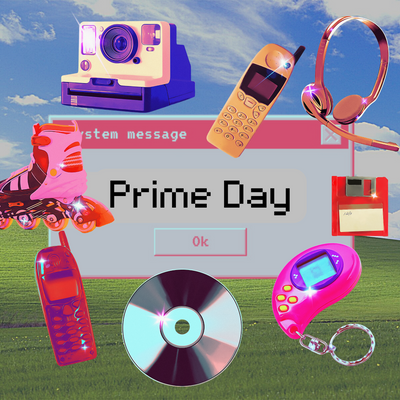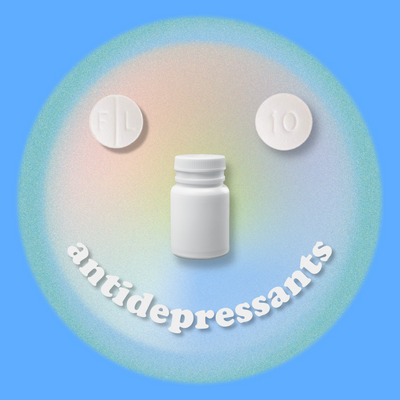I could always see it in their faces.
I dreaded it. I’d speak in what was my lowest, most unnatural tone and I’d watch as a brief moment of realization crossed their faces, followed by stifled snickers, and then neutral, polite friendliness, or scorn, depending on who I was introducing myself to.
At my lowest tone I sounded like Paris Hilton impersonating a tuba playing “9 to 5” by Dolly Parton. Like clockwork, the dreaded question would come up, sometimes in the span of a conversation and at others, the span of a years-long friendship.
“Are you gay?”
To me, the shame wasn’t, and isn’t, necessarily in being gay, but in the societal interpretation of my inherent femininity or perceived lack of “acceptable” masculinity.
To me, the shame wasn’t, and isn’t, necessarily in being gay, but in the societal interpretation of my inherent femininity or perceived lack of “acceptable” masculinity.
Eventually, the answer to that annoying question went from “no” to “yes” to “why else would I be on Grindr?” I embrace my sexuality fully, never wavering in my own self-acceptance. After all, it’s something I could not change. My femininity, on the other hand, feels like a curse. For a long time, all I wanted was to change it.
I’m from a small town in Ohio, and everything I did in high school seemed to be under a microscope, my expression –tone, voice– always up for discussion. What made me the most nervous and anxious then, was as soon as people, including teachers at school and adults in positions of power, heard my voice or witnessed my aesthetic presentation, they would write me off. I’d have to work that much harder than other students to be praised or recognized.
For many, femininity is an abhorrent trait in men.
My femininity, on the other hand, feels like a curse. For a long time, all I wanted was to change it.
Knowing this, I would try to stifle it, lower my voice, change my cadence. In my outer appearance I would wear boot cut jeans (yikes!), and walk with as much swagger as my swaying hips could muster. But in the end, it didn’t feel right. The hypermasculine version of me is not me.
Eventually, I’ve realized that not only does the presence of femininity have nothing to do with a lack of masculinity, but also that one is not better than the other. As people, we are multi-layered and complex, our identities are inherent, whereas policing is not. I really didn’t want to be miserable, I wanted to explore my passions and my hobbies and to achieve my dreams as I knew I could, feminine, masculine or both.
I now live in New York City. Moving here, I was excited to be my truest self in a city in which one can do freely. In the image in my mind, I’d ride the subway and the lights would bounce off of my well-highlighted cheekbones.

I work in a small, conservative office. One where I feel I have to fight the urge to be my true self in order to be taken seriously. I’m surrounded by straight men all day talking about “manly” things. They play video games, they write about hot girls and they write without fear of being scoffed at. They don’t wear makeup, their jeans aren’t too tight, and they know Scottie Pippen as more than Kim Kardashian’s best friend’s husband.
I fear that my appearance, my gestures, and, as always, my voice, will again lead me to being written off. How could I contribute something of value? In an act of fight, flight, or fem, my first instinct in this situation is to focus heavily on stifling myself. After all, I need to cater to their comfort and I always know exactly what they want. Boot cut jeans … or worse.
In an act of fight, flight, or fem, my first instinct in this situation is to focus heavily on stifling myself.
But even as I attempt to hide, I never lose sight of myself. I still wear makeup, but I just make sure to blend well. I wear my jeans with combat boots. It still doesn’t feel right, it’s not completely authentic, but that’s survival. Unfortunately, until things change on a grander scale, I need to play in with these in-office respectability politics. Yes, I need a paycheck. How else could I afford this foundation? It looks great. Blends well, making my skin glow.
I also need freedom. And at this point, I feel I can do both. It’s not easy, but navigating in such an aggressively masculine society never is. There’s always a risk. So I dust myself off, blend my foundation again, and speak with confidence in my voice.
As is.
I look into the mirror. I’m happy. Not just with my brows, but they’re worth mentioning. I see it in my face. I am me. Foundation, femininity, masculinity, all of it.
Louis is an Ohio-born journalist now living in Brooklyn. He likes eating burritos, doing his eyebrows, and watching episodes of Keeping Up With the Kardashians without fear of the future. Find him on Twitter where he tries to be funny.
READ MORE LIKE THIS

